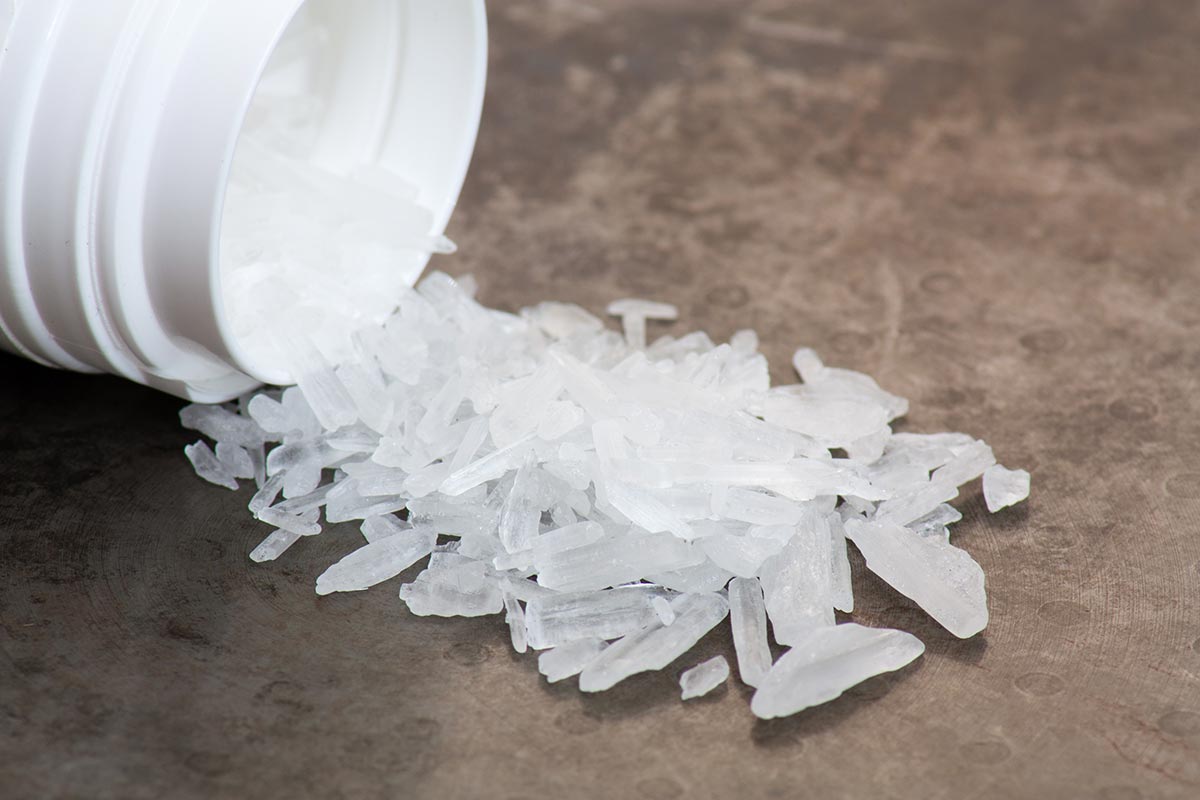
Methamphetamine is nasty stuff that can cause serious harm to one’s mind and body. Despite being heavily abused and highly addictive, we don’t hear much about the drug these days. With everyone’s focus fixed firmly on opioid use disorder, it’s easy to forget that others drugs are impacting people’s lives.
Veterans Day was last weekend, a time to honor the brave men and women who’ve served their country overseas. It’s no secret that many of those same Veterans come back from armed conflict changed; experiencing trauma can wreak havoc on an individual’s psyche. Some veterans receive therapy for post-traumatic stress disorder, but not all; those whose PTSD is left untreated turn to drugs and alcohol to cope with their symptoms.
This is a choice which regularly leads to addiction and makes the symptoms of any form of mental illness more severe. Being in the field of addiction medicine, we have treated numerous cases of co-occurring disorder involving clients who served in the armed forces, developed PTSD, and self-medicated their way to alcohol or substance use disorder. In some cases, such individual’s drug of choice is/was meth.
Methamphetamine Impacts The Heart
A new study looked at the medical records of heart failure patients at San Diego VA Medical Center between 2005 and 2015, CNN reports. The researchers found a link between heart failure and methamphetamine use. What’s more, instances of heart failure involving meth are on the rise. In 2005, 1.7 percent of the VA hospital’s heart failure cases involved meth; compared to 8 percent in 2015. The researchers presented their findings at the annual scientific meeting of the American Heart Association.
The researchers found that heart failure was occurring at a younger age (average 61) when methamphetamines were involved, whereas 72 was the median-age for non-meth users. Not surprisingly, the data revealed that Veterans who used methamphetamine were more likely to struggle with PTSD and depression.
“Methamphetamine is an addictive drug, which could have a wide range of effects on patients’ physical and mental well-being,” said Dr. Marin Nishimura, the study author and internal medicine resident at the University of California, San Diego. Dr. Nishimura adds, “Heart failure patients with methamphetamine abuse were younger, more likely to be homeless, unemployed and diagnosed with other substance-abuse and psychiatric conditions.”
Stimulant Use Disorder
Meth is an exceptionally toxic substance, made in a crude manner that often involves caustic chemicals. Scientists are still making discoveries about the drug’s actual impact on the human body. Fortunately, stimulant use disorder (i.e., amphetamine and methamphetamine addiction) is a treatable condition, and recovery is possible. However, it’s vital that both the addiction and co-occurring mental health disorders like PTSD and depression be treated with the use disorder simultaneously. At 10 Acre Ranch, we specialize in the treatment of clients with dual diagnosis. Please contact us today.






